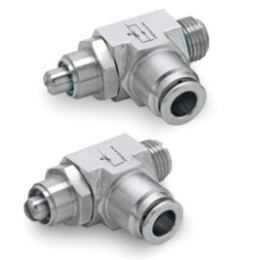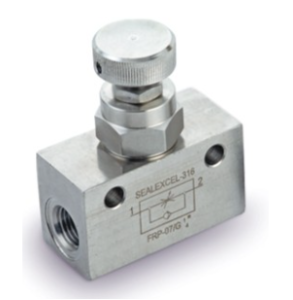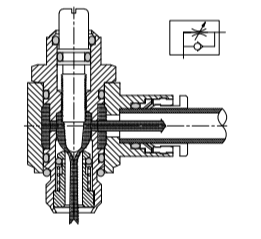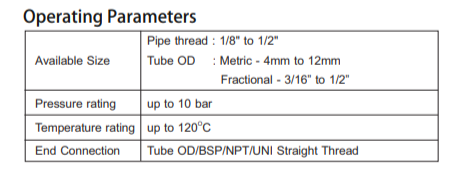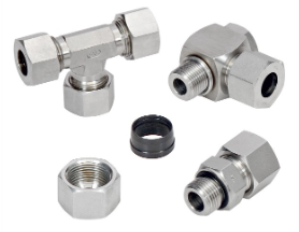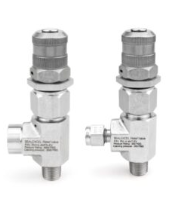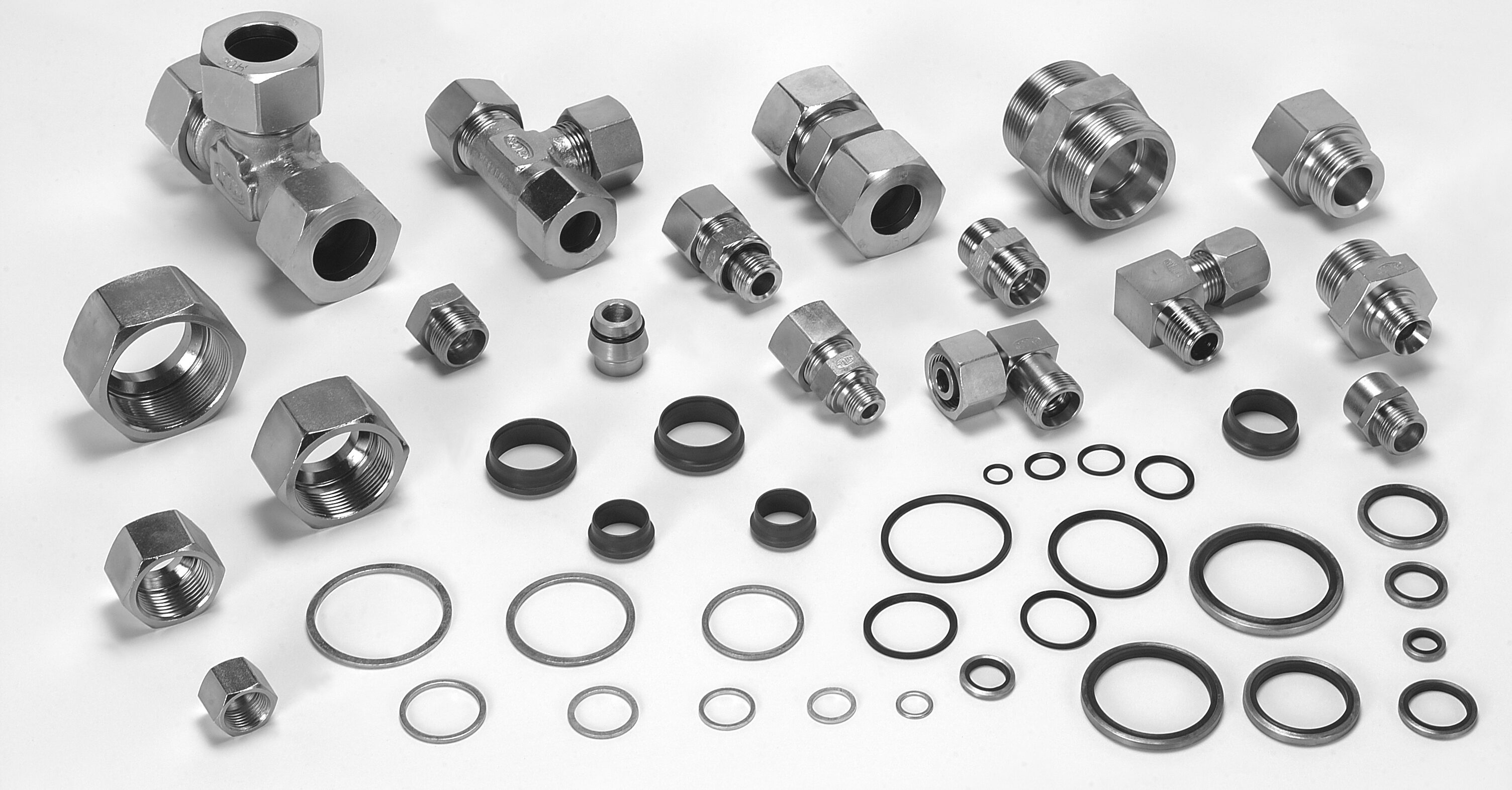
Different Types Of Hydraulic Fittings And Their Uses
March 10, 2023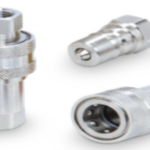
DIY Don’t Cry: 5 Easy Hydraulic Pipe Fittings Hacks That Will Save You Time (and Tears)
January 10, 2024Introduction:
Hydraulic systems are the backbone of various industries, ensuring precise control of fluids. Among the crucial components in these systems, Hydraulic Flow Control Valve play a pivotal role. These valves regulate the flow rate of hydraulic fluids, influencing the system’s performance and efficiency.
Understanding Hydraulic Flow Control Valves:
Hydraulic flow control valves are engineered to manage the flow of liquids within hydraulic systems. Their functionality involves controlling the speed or direction of an actuator, ensuring a smooth and controlled flow of fluid. These valves come in various types, each serving distinct purposes and applications.
Types of Hydraulic Flow Control Valves:
- Needle Valves: Known for precision, these valves regulate flow rates precisely, making them ideal for fine-tuning hydraulic systems.
- Spool Valves: Offering versatile control, spool valves manage flow direction and rate through ports, commonly used in mobile machinery.
- Check Valves: Ensuring fluid flows in one direction, check valves prevent backflow, maintaining system efficiency and safety.
- Flow Divider/Combiner Valves: Dividing or combining fluid flow, these valves maintain uniformity in multi-cylinder operations, crucial in various industrial applications.
- Pressure Compensated Flow Control Valves: Adjusting flow rate to maintain a consistent output despite pressure fluctuations, ensuring stable system performance.
- Proportional Valves: Allowing precise control proportional to the input signal, these valves regulate flow rate dynamically, optimizing operations.
Applications and Importance:
Hydraulic flow control valves find application in numerous industries:
- Manufacturing: Precision control ensures efficient and reliable operations in manufacturing machinery.
- Agriculture: From tractors to irrigation systems, these valves manage fluid flow for optimal performance.
- Construction: Excavators, cranes, and loaders benefit from controlled fluid flow for precise movements.
- Aerospace: Ensuring safe and precise control of hydraulic systems in aircraft and spacecraft.
- Automotive: Used in braking systems and power steering, enhancing vehicle performance and safety.
Factors Influencing Valve Selection:
Selecting the right hydraulic flow control valve is crucial for system efficiency:
- Flow Rate Requirements: Understanding the required flow rates to meet system demands.
- Pressure Ratings: Matching valve pressure ratings with system requirements.
- Environmental Conditions: Considering temperature, fluid type, and operating environment.
- Valve Size and Configuration: Choosing the appropriate valve size and configuration for optimal performance.
Maintenance and Troubleshooting:
Regular maintenance is vital to ensure the longevity and efficiency of hydraulic flow control valves:
- Inspection and Cleaning: Regular checks for debris and contamination, ensuring smooth operation.
- Seal and O-ring Replacement: Preventing leaks and maintaining seal integrity.
- Troubleshooting: Identifying and rectifying common issues like leaks or valve malfunctions promptly.
Conclusion:
Hydraulic flow control valves are indispensable components in hydraulic systems across industries, influencing system efficiency and performance. Understanding their types, applications, selection criteria, and maintenance is crucial for maximizing their potential and ensuring smooth operations in diverse industrial settings.
By comprehensively grasping the nuances of hydraulic flow control valves, industries can optimize their hydraulic systems, enhancing productivity, safety, and reliability in their operations.

